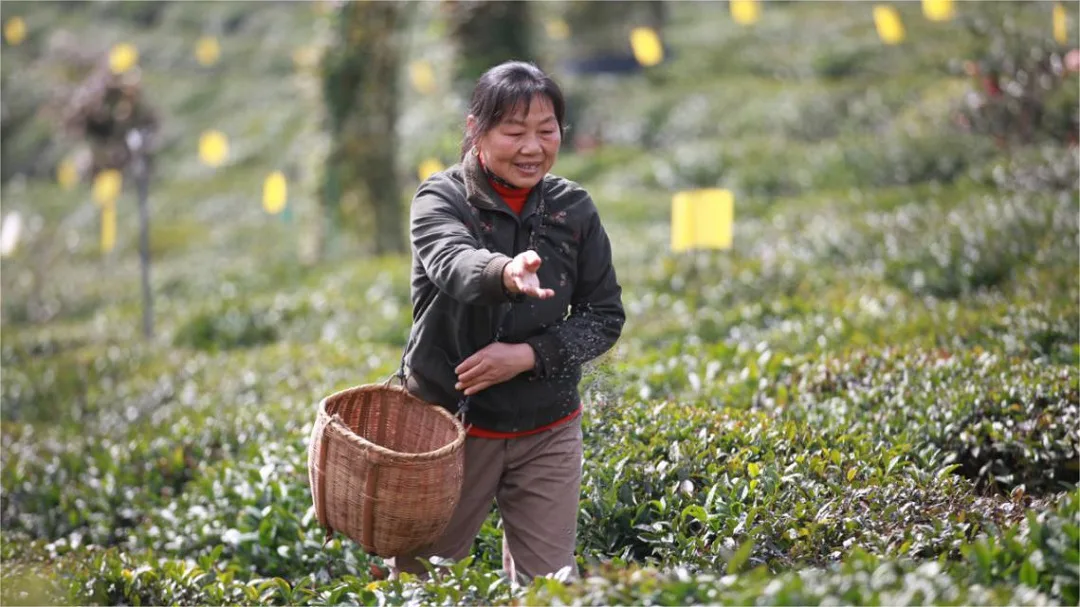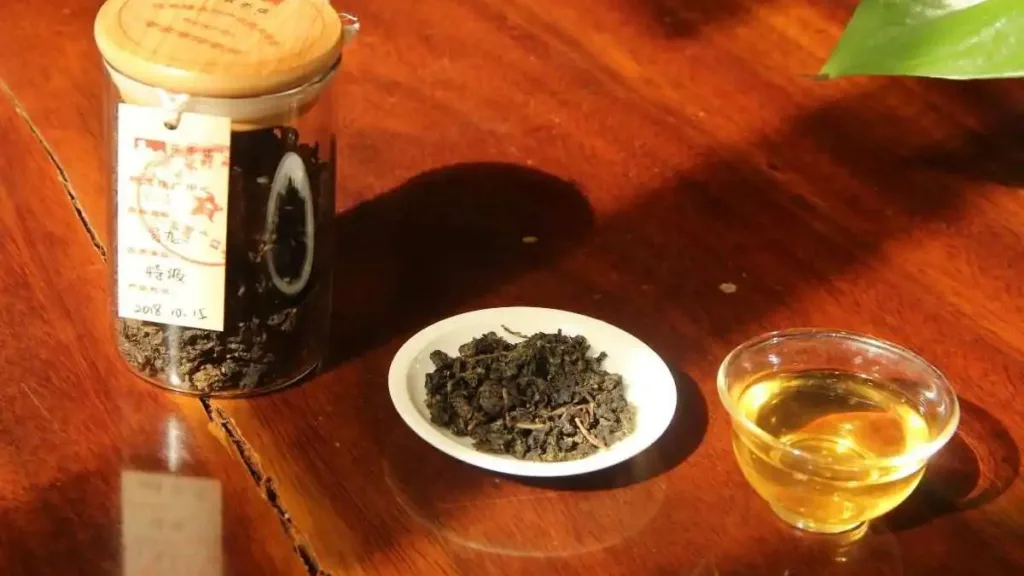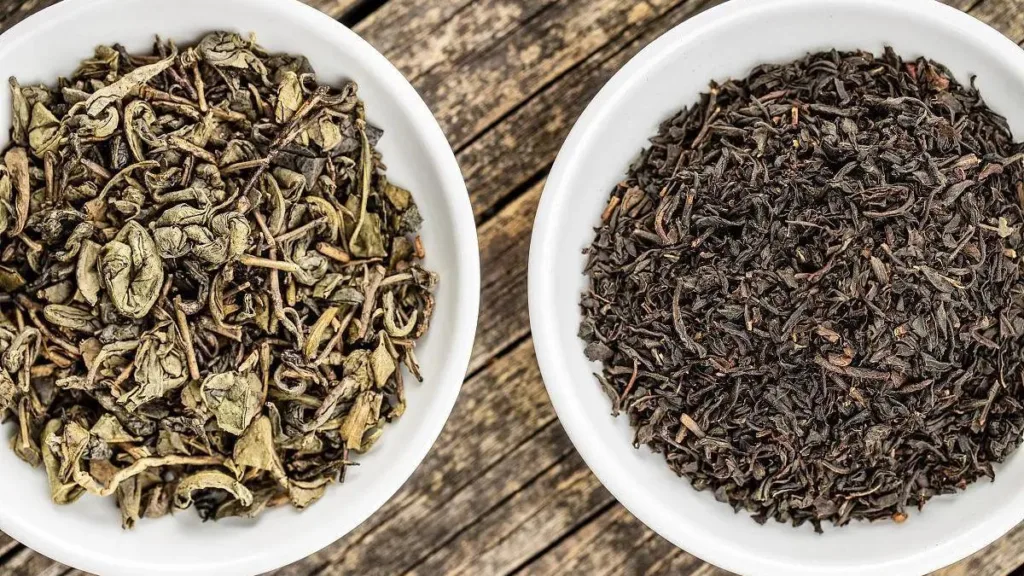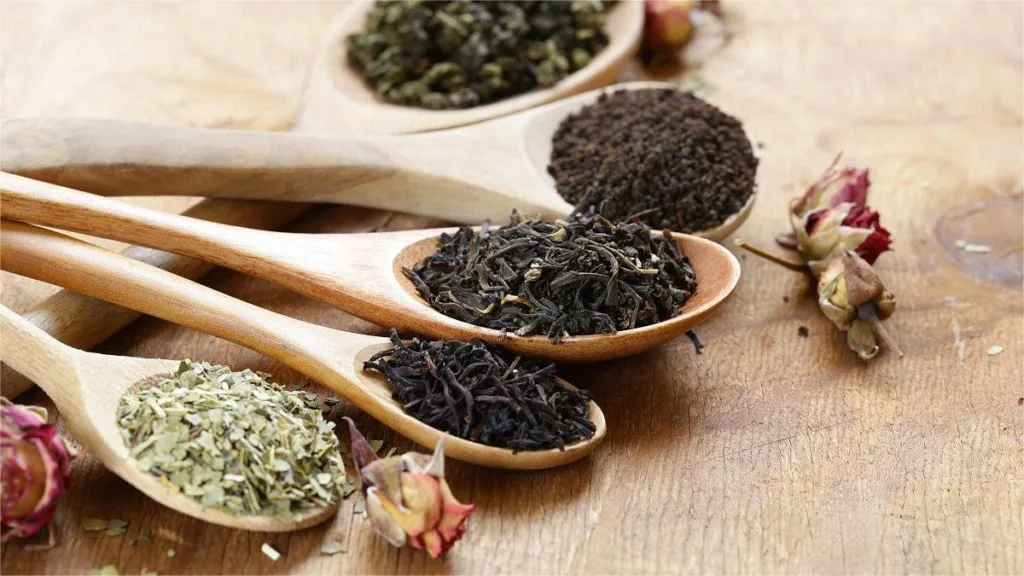Pesticides are chemicals used in agriculture to protect crops from pests, diseases, and weeds. In China, the production of tea is considered an agricultural crop, and like many other agricultural products, it faces challenges related to pesticide use. Chinese tea production relies on a significant amount of manual labor, including hand-picking and processing the tea leaves. Therefore, similar to the concerns about pesticide residues in our daily fruits and vegetables, tea leaves can also have pesticide residue issues.
To combat pests and weeds, many tea plantations in China use pesticides such as pyrethroids, acaricides, herbicides, and even neonicotinoids. Due to the large population and high demand for agricultural products in China, many crops, including tea, heavily rely on pesticides and fertilizers to maintain high yields. These pesticides persist in the environment and can remain in tea trees and leaves, leading to pesticide residues.
It’s important to understand that “pesticide residue” and “exceeding pesticide residue limits” are two different concepts. Detecting pesticide residue in tea leaves doesn’t necessarily mean the tea is unsafe. The key factor is whether the residue levels are within the defined safety standards.
Globally, only around 2% to 3% of tea production is entirely pesticide-free. Pests and diseases can cause significant damage to crops, and not using pesticides would be impractical. While many chemical pesticides gradually degrade over time, some residue is inevitable, and this is what we refer to as “pesticide residue.” As long as these residues do not exceed established safety limits, they do not pose a threat to human health. However, exceeding these limits, known as “exceeding pesticide residue standards,” can be harmful.
Let’s take Yunnan Province as an example. Yunnan has a tea plantation area of approximately 7.4 million mu (a unit of land area in China), with 105.7 thousand mu (about 14.3% of the total tea plantation area in the province) achieving organic certification. Organic tea plantations and ancient tea tree areas typically avoid using pesticides and chemical fertilizers. Additionally, some tea plantations in the process of applying for organic certification also refrain from using pesticides and fertilizers. However, in other parts of Yunnan, particularly in modern, high-yield tea plantations, the use of pesticides is more common.
In conclusion, the use of pesticides in Chinese tea production is a common practice to protect crops from pests and diseases and ensure high yields. While pesticide residues can be found in tea leaves, it’s important to note that the presence of pesticide residue doesn’t necessarily make the tea unsafe. The key factor is whether the residue levels are within the defined safety standards. Organic tea plantations and ancient tea tree areas are less likely to use pesticides, but in more intensive, modern tea plantations, pesticide use may be more prevalent.



